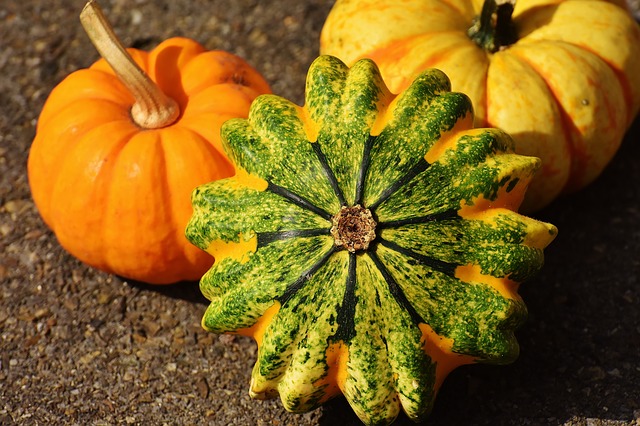The joys, the bustle, the fun, and yes, sometimes the bitter-sweetness of Thanksgiving are once more upon us. Yet when we pause to reflect, it is truly a wonderful season. I find that as a general rule thankful people tend to be happy people. If we understand that we are designed for relationship and therefore community, it means we will be dependent on others for their part in the good things we enjoy. It makes sense that we express our gratitude to those around us.
The same is true of our relationship with God. In our makeup we humans are a good example of something that is greater than the sum of its parts. The complexity of our existence points to something that in our natural state we don’t like to acknowledge: we are the handiwork of a personal God. David the psalm-writer understood this. Consider his words in Psalm 103. He begins as he concludes: Bless the Lord, O my soul.
Significantly, he is not talking to God. Rather, he is talking to himself – to his soul. It’s not the first sign of madness. He’s telling himself things he knows he needs to remember. He knows he could easily forget the good things God has done for him. So, as he reflects, he speaks of God’s goodness and mercy, lest in times of depression – to which he was prone – he forgot the source of his prosperity and success.
THANKSGIVING
It’s something we need to think about – especially at Thanksgiving. God is so good to us in so many different ways: he provides what he knows we need; he chastens us when we deserve it. Above all, his nature is always to have mercy: he alone has initiated and done everything that is needed to restore our relationship with him.
Thomas Cranmer, Archbishop of Canterbury at the time of Henry VIII, put it this way: “That all men may the better understand this sacrifice of Christ, which He made for the great benefit of all men, it is necessary to know the distinction and diversity of sacrifices… One kind of sacrifice there is which is called a propitiatory or merciful, that is to say, such a sacrifice as pacifieth God’s wrath and indignation, and obtaineth mercy and forgiveness for all our sins, and is the ransom of our redemption from everlasting damnation. And although in the old testament there were certain sacrifices called by that name, yet in very deed there is but one sacrifice whereby our sins be pardoned and God’s mercy and favour obtained, which is the death of the Son of God our Lord Jesus Christ; nor ever was any other sacrifice propitiatory at any other time, nor ever shall be. This is the honour and glory of this our High Priest, wherein He admitteth neither partner nor successor. For by His own oblation He satisfied His Father for all men’s sins and reconciled mankind unto his grace and favour… another kind of sacrifice there is which doth not reconcile us to God, but is made of them that be reconciled by Christ, to testify our duties unto God, and to show ourselves thankful unto Him. And therefore they be called sacrifices of laud, praise, and thanksgiving. The first kind of sacrifice Christ offered to God for us; the second kind we ourselves offer to God by Christ” (Cranmer Works Vol. 1, quoted in PE Hughes, The Theology of the English Reformers, p.222).
SOLI DEO GLORIA
Because we live on the other side of the cross, we have much more reason than King David to bless the name of God. The cross of Jesus Christ reveals the depths of God’s love that is beyond measure. For on the cross we begin to see the grief that tore the heart of God because of our sin. Through the sacrifice of the Lord Jesus our broken relationship is dealt with and we are raised to a new life forever.
Yet it is so easy to go to church, sing songs, say Amen to the prayers, but to have no real sense of thanksgiving in our hearts to God. Like David, we need to talk to ourselves. We need to let God’s truth shine on our innermost soul and awaken us to a living, vital, personal relationship with him, for God has done everything needed for our salvation – Soli Deo Gloria (to God alone be the glory).
None of this means we can now live as we like. Cranmer rightly points us to the new lifestyle God expects us to adopt. Not only are we to glorify God and glory in what he has done for us in Christ with thanksgiving in our hearts, but we are also to honor him in the way we live. In Ephesians 2:10 Paul the Apostle puts it this way: For we are what he has made us, created in Christ Jesus for good works, which God prepared beforehand to be our way of life.
Formerly we walked in trespasses and sins in which we were trapped. Now, in a spirit of thanksgiving, we are to walk in the good works that God has eternally created for us to do. When we wake in the morning we have every reason to ask: ‘Lord, what good works have you prepared for me to do today that I might glorify you?’
Happy Thanksgiving!
© John G. Mason


